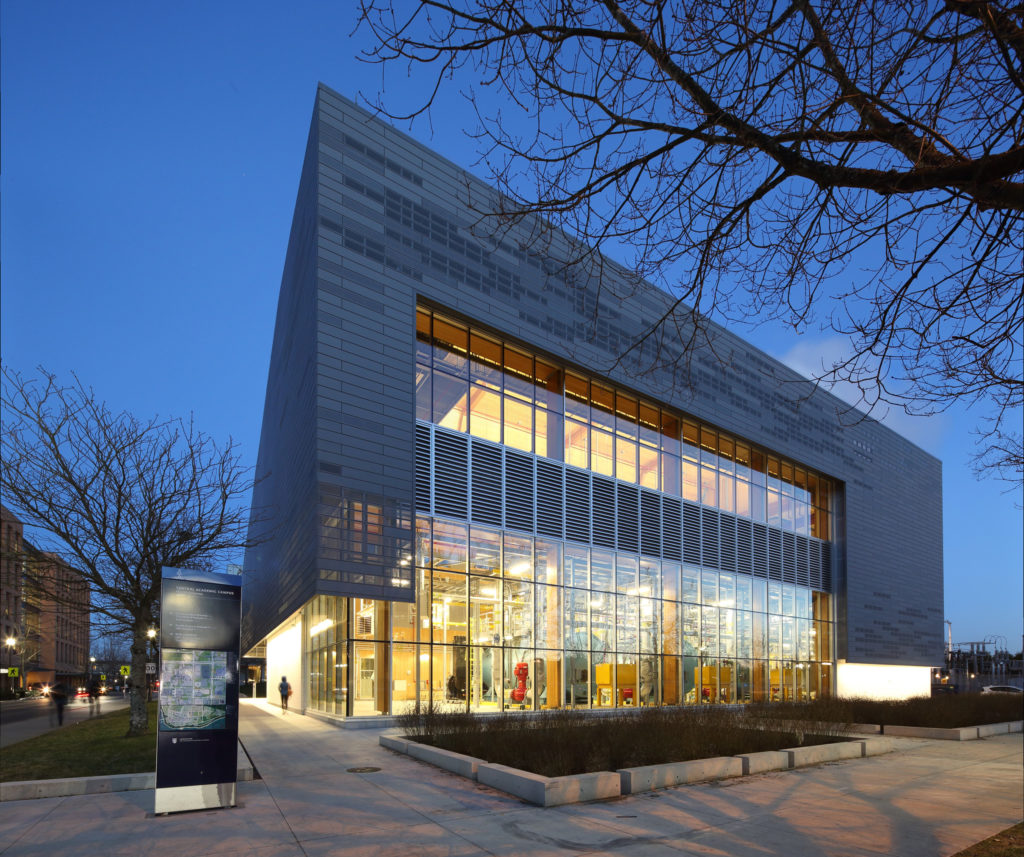
Greenhouse gas (GHG) emissions from the built environment are a significant contributor to climate change. As policies to reduce operational energy consumption and related GHG emissions from buildings start to take effect, the embodied emissions associated with building material choices are becoming proportionally more significant.
But in order to reduce embodied carbon in future buildings, policy-makers must first understand the materials-related emissions of current buildings. To meet this need, the UBC Sustainability Initiative’s Urban Innovation Research group is conducting a multi-year pilot focused on improving the practice of life cycle assessments (LCAs) used to estimate the embodied carbon emissions of buildings throughout their life cycle.
The first phase of the pilot leveraged UBC’s Campus as a Living Lab initiative to study embodied emissions of campus buildings: a total of nine studies across three buildings. Findings so far indicate the key factors that influence the accuracy of LCAs and support recommendations to ensure LCAs provide standardized information on embodied emissions for future benchmarking. The second phase of the pilot is currently underway.
According to UBC Student Research Assistants Mandi Unick and Krista Kals, “While LCA tools are becoming increasingly popular for their ease of use, there is an enormous amount of background work and assumptions to accurately estimate a building’s embodied carbon emissions. Dissecting the LCA process has led us to understand the importance of transparency when communicating results.”
The results of this work will be used to collaborate with the building sector and policy-makers on ways to further reduce emissions and address climate change.
This pilot is an example of how UBC is committed to addressing priority sustainability issues in British Columbia and beyond, by enabling researchers and industry partners to work together under the Strategic Plan’s Strategy 6: Collaborative Clusters.
Read the full story on the UBC Sustainability Initiative site.